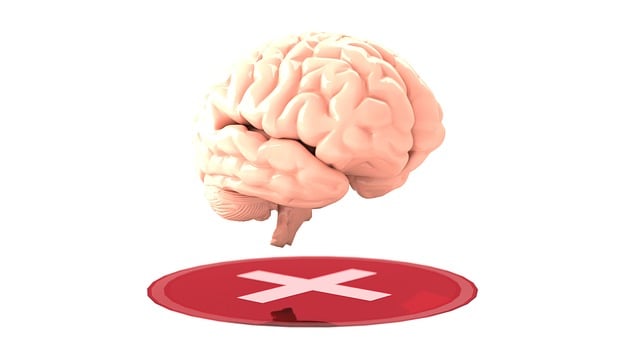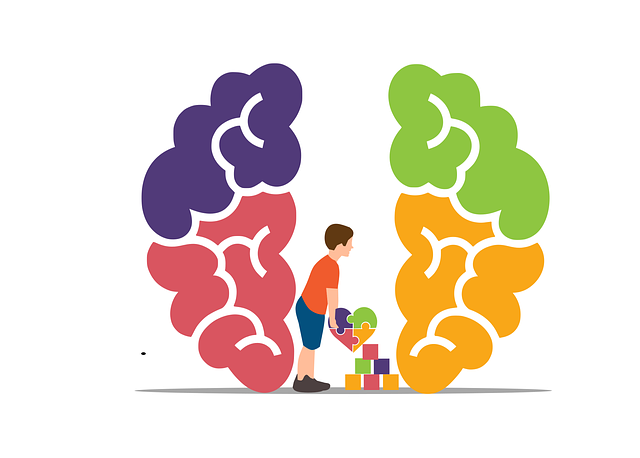The stigma around mental illness significantly hinders access to help, especially in marginalized communities like Lafayette's Jewish population, where cultural and linguistic barriers are prevalent. This leads to increased anxiety, depression, and even suicide ideation. Initiatives like Lafayette Hebrew Speaking Therapy aim to bridge these gaps by offering tailored services in Hebrew, addressing unique community needs through education, open conversations, self-care practices, and supportive environments. Their comprehensive approach includes public awareness campaigns, compassion cultivation, and social skills training, normalizing mental health discussions and reducing stigma, ultimately improving mental health outcomes for all.
Mental illness stigma, a pervasive societal issue, significantly impacts individuals’ willingness to seek help. This article explores strategies to reduce this barrier, focusing on the unique approach of Lafayette Hebrew Speaking Therapy (LHST). We delve into how LHST, with its cultural sensitivity and specialized services, plays a crucial role in destigmatizing mental health issues within the Jewish community. Additionally, we provide practical steps for communities to foster open conversations about mental wellness and reduce stigma.
- Understanding Stigma and its Impact on Mental Health
- The Role of Lafayette Hebrew Speaking Therapy in Stigma Reduction
- Strategies for Effective Mental Illness Stigma Reduction in the Community
Understanding Stigma and its Impact on Mental Health

Stigma surrounding mental illness is a pervasive issue that significantly impacts individuals’ willingness to seek help and support. It often manifests as negative attitudes, stereotypes, and discrimination, creating a barrier to accessing quality care. This social construct can have profound effects on a person’s mental health trajectory, leading to increased anxiety, depression, and even suicide ideation. The impact is particularly severe for those who identify with marginalized communities, such as the Jewish population in Lafayette, where cultural and linguistic barriers may exacerbate stigma. For instance, the Lafayette Hebrew Speaking Therapy initiative aims to bridge these gaps by offering specialized services tailored to the unique needs of Jewish individuals struggling with mental health issues.
Understanding stigma requires recognizing its multifaceted nature. It often arises from a lack of knowledge and awareness about mental illnesses, perpetuated by societal misconceptions. By promoting education and open conversations, efforts like Depression Prevention initiatives and Mental Wellness Coaching Programs can play a pivotal role in destigmatization. Encouraging self-care practices and fostering supportive environments are also crucial strategies to combat stigma at the individual and community levels, ultimately leading to improved mental health outcomes for all.
The Role of Lafayette Hebrew Speaking Therapy in Stigma Reduction

Lafayette Hebrew Speaking Therapy is making significant strides in stigma reduction efforts within the mental health community. Through their unique approach, they bridge the gap between cultural understanding and psychological support, addressing a critical aspect of mental illness stigma—the lack of diverse representation in therapy. By offering services in Hebrew, this therapy center caters to individuals who may face additional barriers due to language and cultural differences. This inclusive practice encourages open dialogue, fostering an environment where people feel understood and empowered to seek help without fear of judgment.
Moreover, Lafayette Hebrew Speaking Therapy incorporates various strategies such as public awareness campaigns, compassion cultivation practices, and social skills training. These initiatives aim to educate the community about mental health, challenge stereotypes, and promote empathy. By engaging in these activities, the therapy center not only supports individuals with mental illness but also fosters a more supportive and accepting societal environment, ultimately contributing to reduced stigma.
Strategies for Effective Mental Illness Stigma Reduction in the Community

Stigma reduction efforts are essential for fostering a supportive community environment for those dealing with mental illness. One effective strategy is to promote Self-Care Routine Development for Better Mental Health. Encouraging open dialogues about mental health, much like what is offered at Lafayette Hebrew Speaking Therapy, can help normalize conversations and reduce the stigma associated with seeking help. This includes sharing personal experiences and offering practical tips on Positive Thinking and Resilience Building.
Community events and educational workshops focused on mental health awareness can further contribute to these efforts. By providing platforms for learning, understanding, and connection, these initiatives empower individuals to support themselves and their peers. Such inclusive practices create a network of care, ensuring no one faces mental illness alone.
Mental illness stigma reduction is a collective effort that requires understanding, empathy, and action. By recognizing the profound impact of stigma on mental health, we can create more inclusive communities. Lafayette Hebrew Speaking Therapy serves as a beacon of hope, demonstrating the power of specialized, culturally sensitive therapy in breaking down barriers. Embracing strategies like education, open dialogue, and supportive environments at both individual and community levels is crucial to fostering acceptance and enhancing the lives of those affected by mental illness.














